Table of contents
- Understanding Delta-8 and Delta-9 THC: The Chemistry Behind the Buzz
- Origin and Natural Occurrence
- The Effects: What to Expect When Consuming Delta-8 vs. Delta-9 THC
- Delta-8 vs Delta-9 for Sleep and Pain Management
- Consumption Methods: Gummies and Beyond
- Legal Status in Europe: Navigating National Regulations
- Safety and Side Effects
- Drug Testing and Tolerance
- Choosing Between Delta-8 and Delta-9 THC
- Conclusion
- Frequently Asked Questions (FAQs)
If you've come across menus of cannabinoid products and wondered about the differences between Delta-8 and Delta-9 THC, you're not alone. These two cannabinoids spark considerable discussion among consumers, researchers, and online communities alike. Both are forms of THC that produce psychoactive effects, but their impacts, legal statuses, and uses vary significantly.
This comprehensive guide explores the key differences between Delta-8 and Delta-9 THC, their chemistry, effects on the body, legal considerations, safety profiles, and which might be the better choice depending on your needs.
Understanding Delta-8 and Delta-9 THC: The Chemistry Behind the Buzz
Delta-8 and Delta-9 THC are isomers, meaning they have the same chemical formula (C21H30O2) but differ in the arrangement of their atoms. The crucial difference lies in the position of a double bond on their carbon chain: Delta-9 has this bond on the ninth carbon atom, while Delta-8's is on the eighth. This subtle molecular structure variation significantly influences how each interacts with the body's endocannabinoid system (ECS) and cannabinoid receptors.
Both cannabinoids bind primarily to CB1 receptors in the brain and central nervous system, triggering intoxicating effects. However, Delta-9 THC binds more strongly, producing a more intense and euphoric high. In contrast, Delta-8 binds less efficiently, resulting in milder psychoactive effects. Think of Delta-9 as a strong espresso and Delta-8 as a lighter coffee blend-both caffeinated, but with different intensities.
Origin and Natural Occurrence
Both Delta-8 and Delta-9 THC occur naturally in the cannabis sativa plant, which includes both hemp and marijuana varieties. Delta-9 is typically found in high concentrations in marijuana plants, while Delta-8 occurs in small quantities across cannabis plants. Due to its low natural abundance, most Delta-8 products on the market are synthesized from hemp-derived CBD through a chemical process known as isomerization.
The 2018 Agriculture Improvement Act (commonly known as the Farm Bill) removed hemp and its derivatives from the list of controlled substances, allowing hemp-derived products like Delta-8 THC to be legally produced and sold under certain conditions. However, the legal gray area surrounding synthetic forms of Delta-8 has led to ongoing regulatory scrutiny by the federal government and cannabis regulatory agencies.
The Effects: What to Expect When Consuming Delta-8 vs. Delta-9 THC
Delta-9 THC: The Classic Cannabis High

Delta-9 THC is the primary psychoactive component responsible for the traditional cannabis high. It delivers intense euphoria, heightened sensory perception, and altered thought processes. When inhaled, effects can be felt within minutes, while edible cannabis derived products like gummies or baked goods usually take 1-2 hours to kick in but offer longer-lasting effects-often 6 to 8 hours or more.
While many users enjoy Delta-9's potency, it can also cause adverse effects such as anxiety, paranoia, low blood pressure, or discomfort, especially at higher doses or in sensitive individuals. Experienced users with established tolerance may tolerate these effects better, but novices should approach with caution.
Delta-8 THC: The Milder, More Functional Alternative
Delta-8 THC has gained popularity as a gentler alternative to Delta-9. Users often describe it as producing a clear-headed, relaxing, and mildly euphoric experience without the anxiety or paranoia sometimes linked to Delta-9. A study involving 500 Delta-8 users reported that 71% experienced relaxation, 68% felt euphoria, and 55% noted pain relief, with fewer negative side effects.
Delta-8 may also feel more energizing or uplifting for some, which might not be ideal for those seeking sedation or sleep support. Due to its lower potency, users often require higher doses of Delta-8 to achieve effects comparable to Delta-9.
Delta-8 vs Delta-9 for Sleep and Pain Management
Sleep difficulties and chronic pain are common reasons people turn to THC products.
- Sleep: Delta-9 THC is generally more effective for promoting sleep due to its sedative properties and ability to regulate body temperature and circadian rhythms. Taking Delta-9 gummies or tinctures about an hour before bedtime may help with sleep onset and maintenance.
- Delta-8's impact on sleep is mixed. Some users find lower doses relaxing enough to aid sleep without feeling groggy, but higher doses may cause alertness, making it less reliable for sleep support.
- Pain Relief: Both cannabinoids interact with the endocannabinoid system to modulate pain signals. Delta-8 has shown promise for pain relief with a potentially lower risk of adverse effects, making it an appealing option for those managing chronic pain or conditions like multiple sclerosis and autoimmune diseases.
Consumption Methods: Gummies and Beyond
Gummies are a popular, discreet way to consume cannabis derived products.
- Delta-9 Gummies: These take 1-2 hours to take effect, lasting 6-8 hours or more. The digestive process converts Delta-9 THC into 11-hydroxy-THC, a more potent metabolite. New users should start with 2-5 mg doses, while experienced users may take 10-20 mg or higher.
- Delta-8 Gummies: Effects begin within 45-90 minutes and last 4-6 hours. Due to lower potency, starting doses are typically 5-10 mg, with regular users consuming up to 40 mg comfortably. Delta-8 gummies tend to provide a relaxed, functional experience without heavy sedation.
Other consumption forms include tinctures, capsules, vape cartridges, and topical products, each with varying onset times and durations.
Legal Status in Europe: Navigating National Regulations
The legal status of Delta-8 and Delta-9 THC in Europe varies significantly across countries, reflecting differing national drug policies and regulations.
- Delta-9 THC: In most European countries, Delta-9 THC is classified as a controlled substance, making recreational use illegal. However, many countries have legalized or decriminalized medical cannabis containing Delta-9 THC under strict regulations and prescriptions. The allowed THC content in hemp-derived products is generally capped at 0.2% or 0.3%, depending on the country, aligning with European Union regulations.
- Delta-8 THC: Delta-8 THC occupies a more ambiguous legal position in Europe due to its status as a relatively new cannabinoid and limited specific legislation. Some countries treat Delta-8 similarly to Delta-9 THC, restricting or banning its sale and use. Others permit hemp-derived products containing low levels of THC isomers, including Delta-8, as long as they comply with the THC limits set for hemp products. Because Delta-8 is often produced synthetically from hemp-derived CBD, its legal classification may also depend on national laws concerning synthetic cannabinoids.
Consumers should carefully review the specific regulations in their country and consult local cannabis regulatory agencies before purchasing or using Delta-8 or Delta-9 THC products. The evolving legal landscape requires staying informed about changes in national policies and enforcement practices.
Safety and Side Effects
Both Delta-8 and Delta-9 THC affect brain functions and carry potential risks.
- Common side effects include dry mouth, red eyes, increased appetite, slower reaction times, and altered perception.
- Delta-9 THC is more likely to cause anxiety, paranoia, low blood pressure, or disorientation, especially at higher doses.
- Delta-8 THC side effects tend to be milder but can include confusion, dizziness, and rarely panic attacks or hallucinations at very high doses. Safety concerns arise mainly from unregulated manufacturing processes and potential chemical contaminants.
Purchasing from reputable brands that provide third-party lab testing ensures product purity and safety.
Drug Testing and Tolerance
Both cannabinoids can lead to tolerance with regular use, as CB1 receptors become less sensitive over time. Taking breaks of 1-2 weeks can help reset tolerance. Switching between Delta-8 and Delta-9 does not significantly affect tolerance levels since both act on the same cannabinoid receptors.
THC metabolites from both Delta-8 and Delta-9 can be detected on standard drug tests for days to weeks, depending on usage frequency and individual metabolism. This is important for workplace or legal considerations.
Choosing Between Delta-8 and Delta-9 THC

Your choice depends on personal preferences, experience, and desired effects.
- Choose Delta-9 THC if you want:
- Strong, full-intensity intoxicating effects
- Fast-acting options like vaping
- Potent relief for sleep, pain, or deep relaxation
- Have experience with THC and established tolerance
- Choose Delta-8 THC if you want:
- Milder, more functional effects
- Clear-headed experiences without anxiety
- Something to reduce stress without heavy sedation
- Are new to THC or have lower tolerance
Both options can be explored safely with responsible use, starting with low doses and increasing gradually while monitoring individual responses.
Conclusion
Delta-8 and Delta-9 THC are closely related cannabinoids offering distinct experiences and potential benefits. Delta-9 provides the traditional, potent cannabis effects favored by experienced users or those seeking significant symptom relief. Delta-8 offers a milder, more accessible alternative for those wanting THC's medicinal benefits without intense psychoactive effects.
Understanding their chemistry, effects, legal status, and safety profiles empowers consumers to make informed choices. Regardless of your selection, always purchase from trusted sources, use responsibly, and consult healthcare professionals if you have mental health conditions or other medical concerns.
Frequently Asked Questions (FAQs)
Can tolerance develop to Delta-8 and Delta-9 THC?
Yes. Regular use can reduce receptor sensitivity, requiring higher doses for the same effect. Taking breaks resets tolerance. Switching between Delta-8 and Delta-9 does not significantly affect tolerance.
How long do Delta-8 and Delta-9 THC remain detectable?
THC metabolites can be detected for days to weeks depending on usage patterns and metabolism. Both Delta-8 and Delta-9 appear on standard drug tests screening for THC.
Is mixing Delta-8 and Delta-9 safe?
Limited research exists. Mixing may increase risks of intensified side effects like dizziness or anxiety. If experimenting, start with low doses and avoid combining with alcohol or other substances.
Why does Delta-8 sometimes feel more energizing than Delta-9?
Delta-8's unique binding affinity and individual factors like terpene profiles and biochemistry can produce more uplifting, clear-headed effects compared to Delta-9's sedative tendencies.
Are there medical conditions that make Delta-8 or Delta-9 unsafe?
People with heart conditions, psychosis, schizophrenia, or pregnant/breastfeeding individuals should exercise caution or avoid THC cannabis products. Always consult healthcare providers before use.





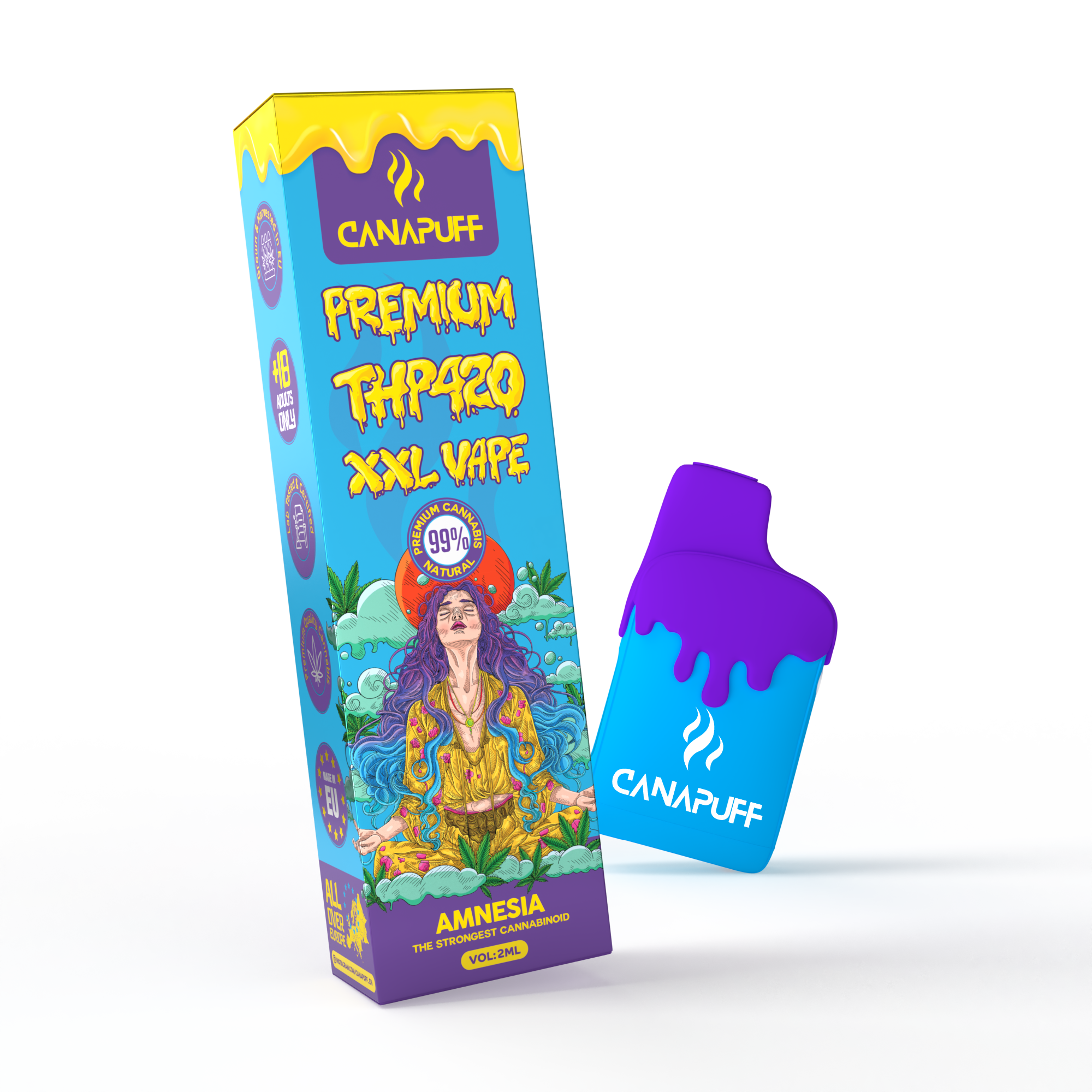
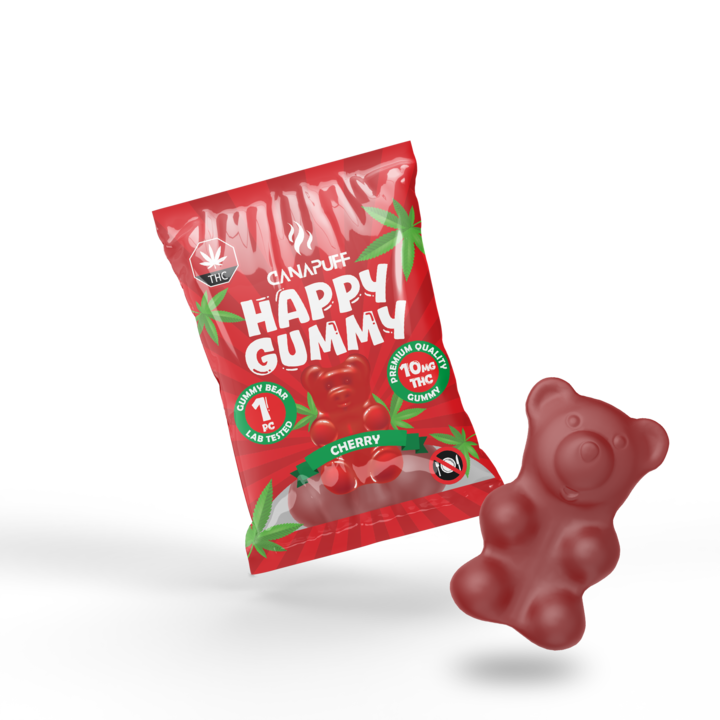
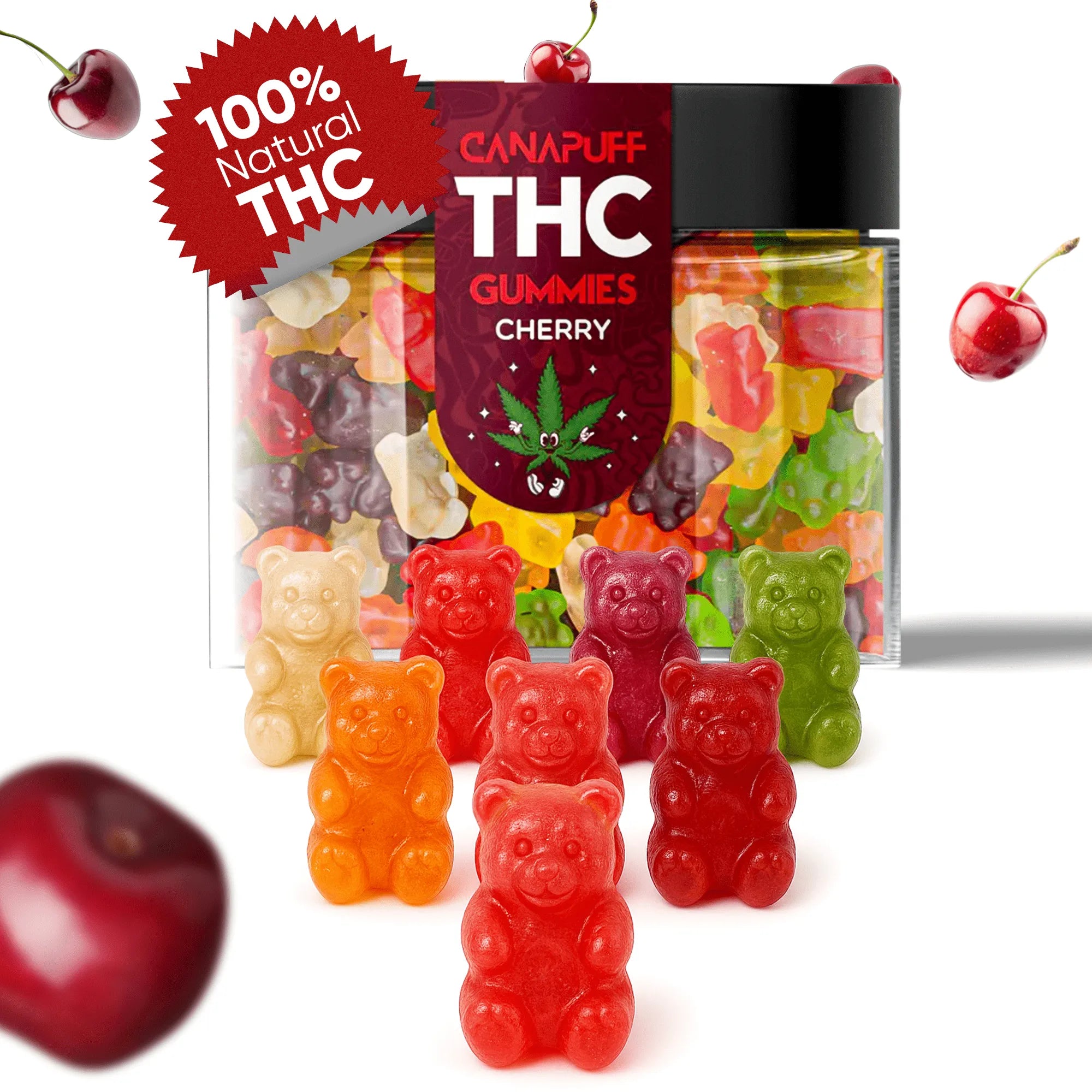
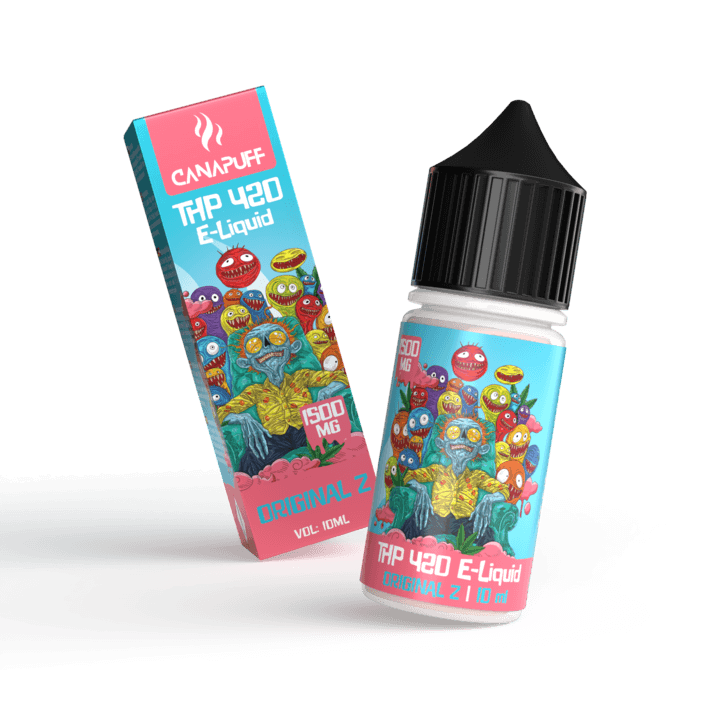
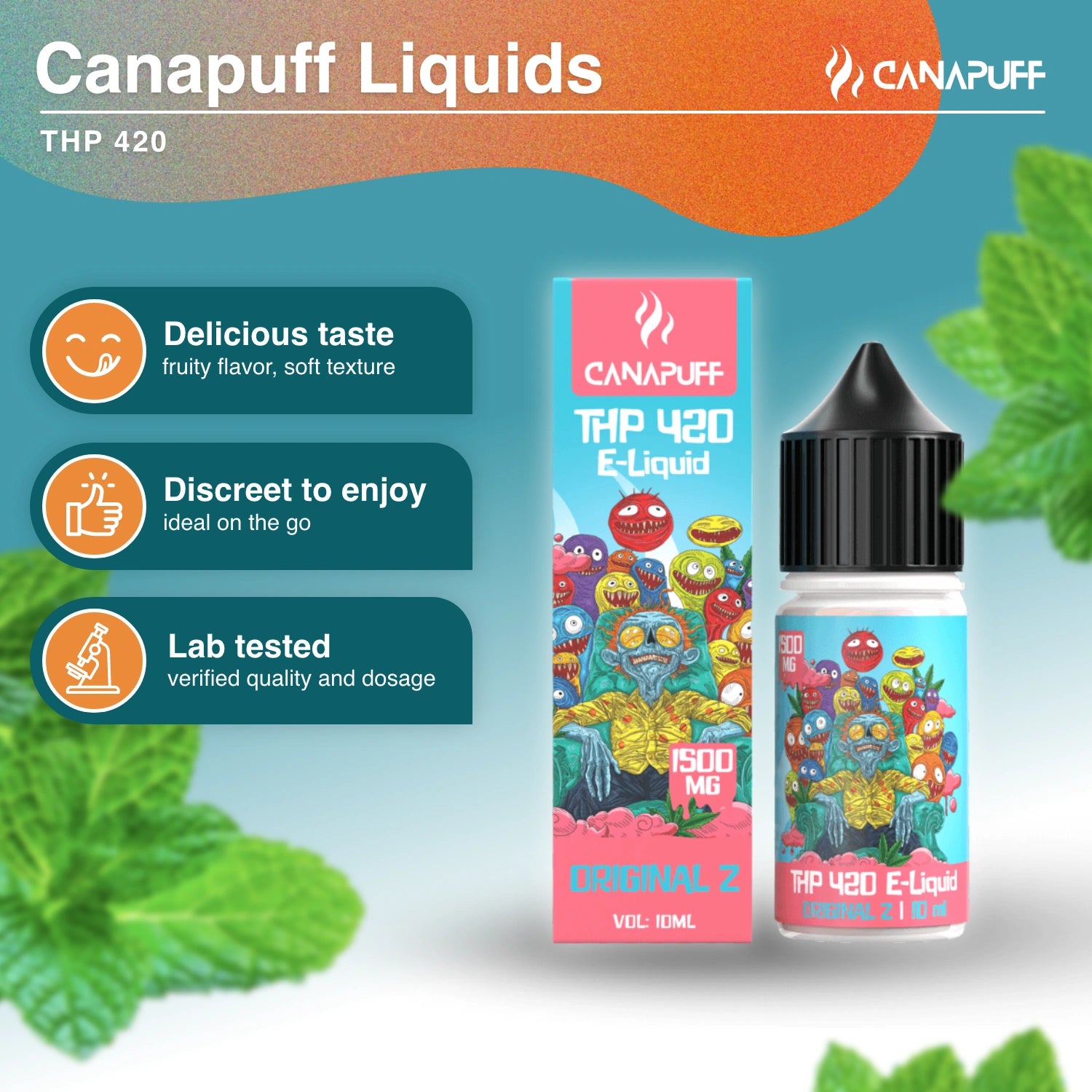


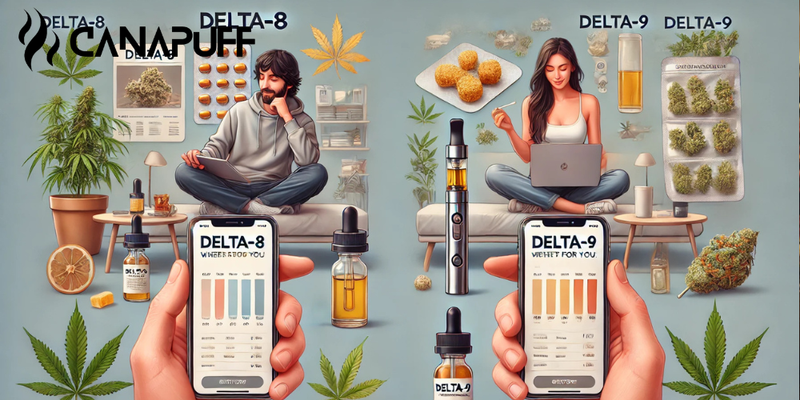



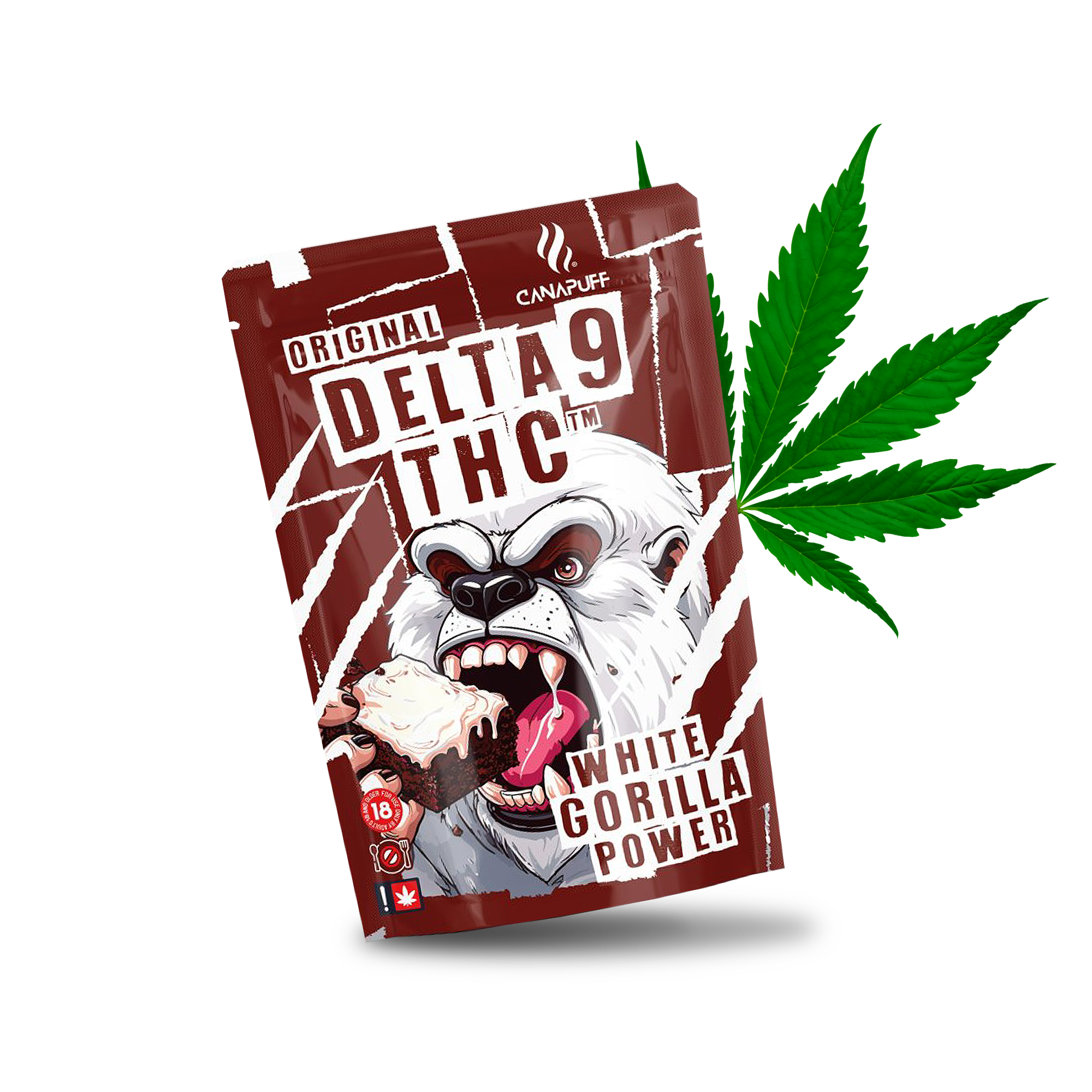
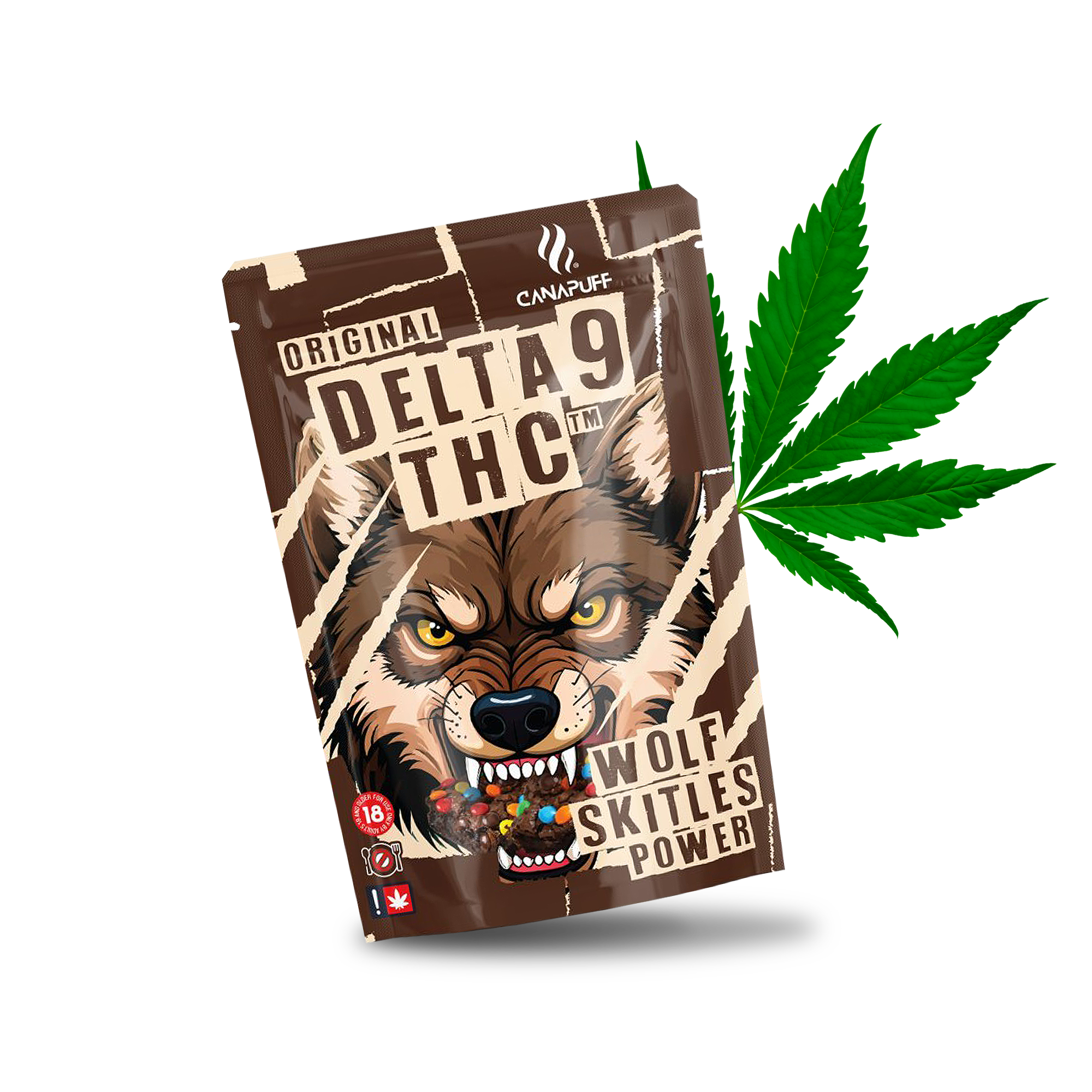

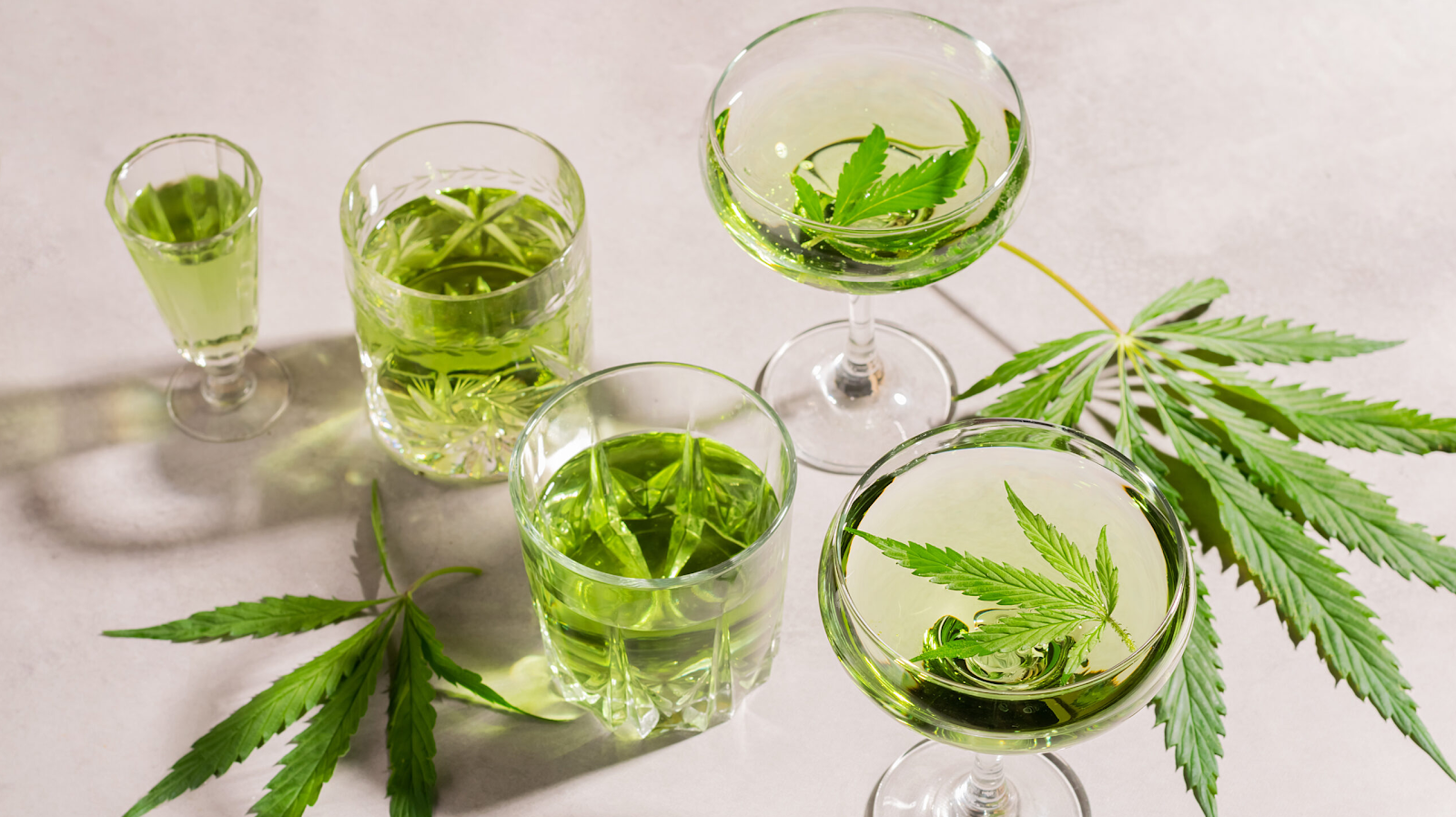
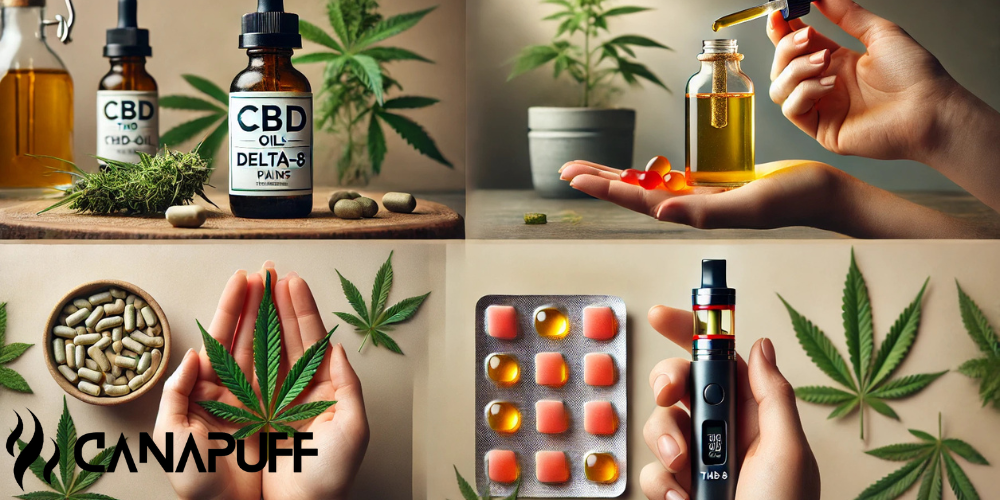


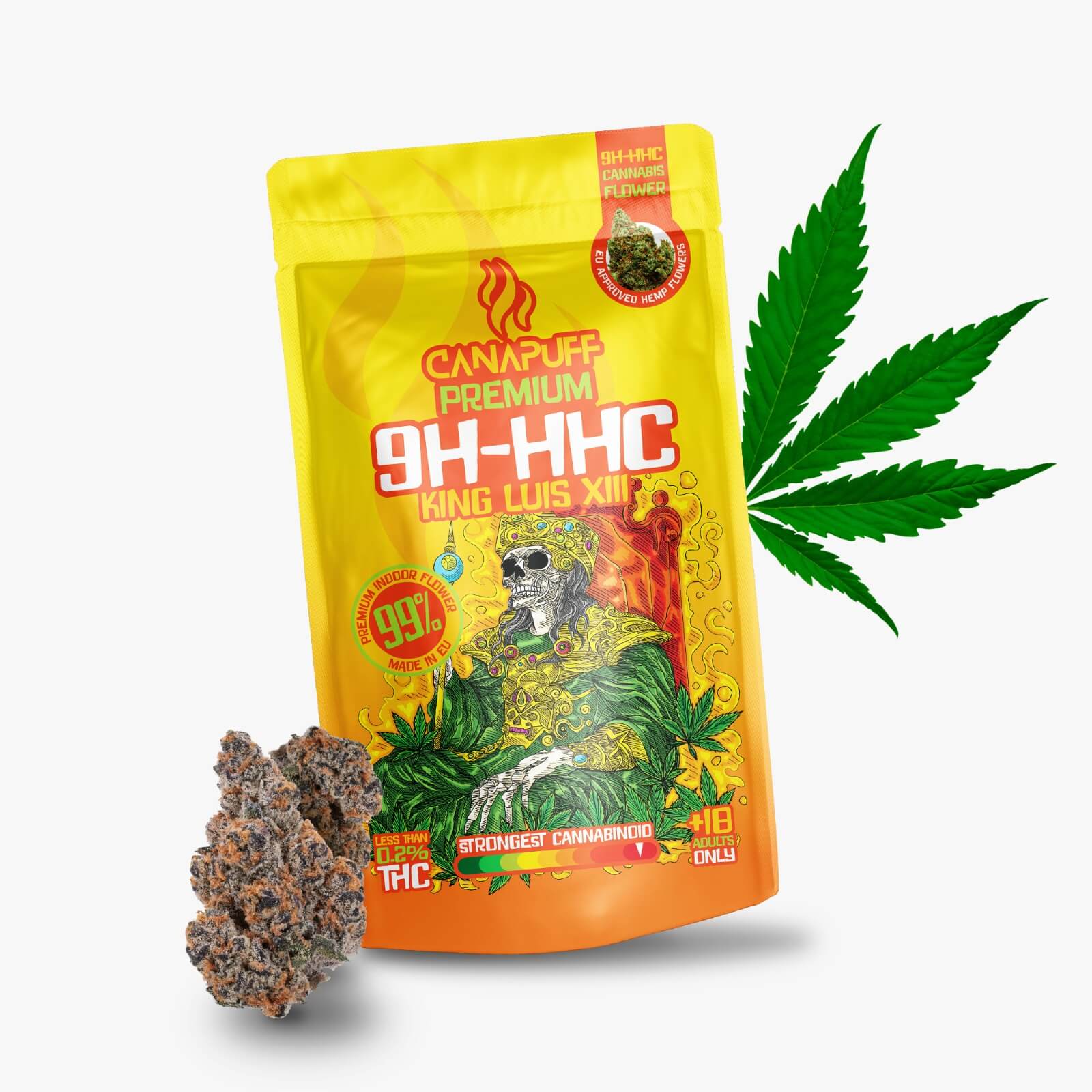
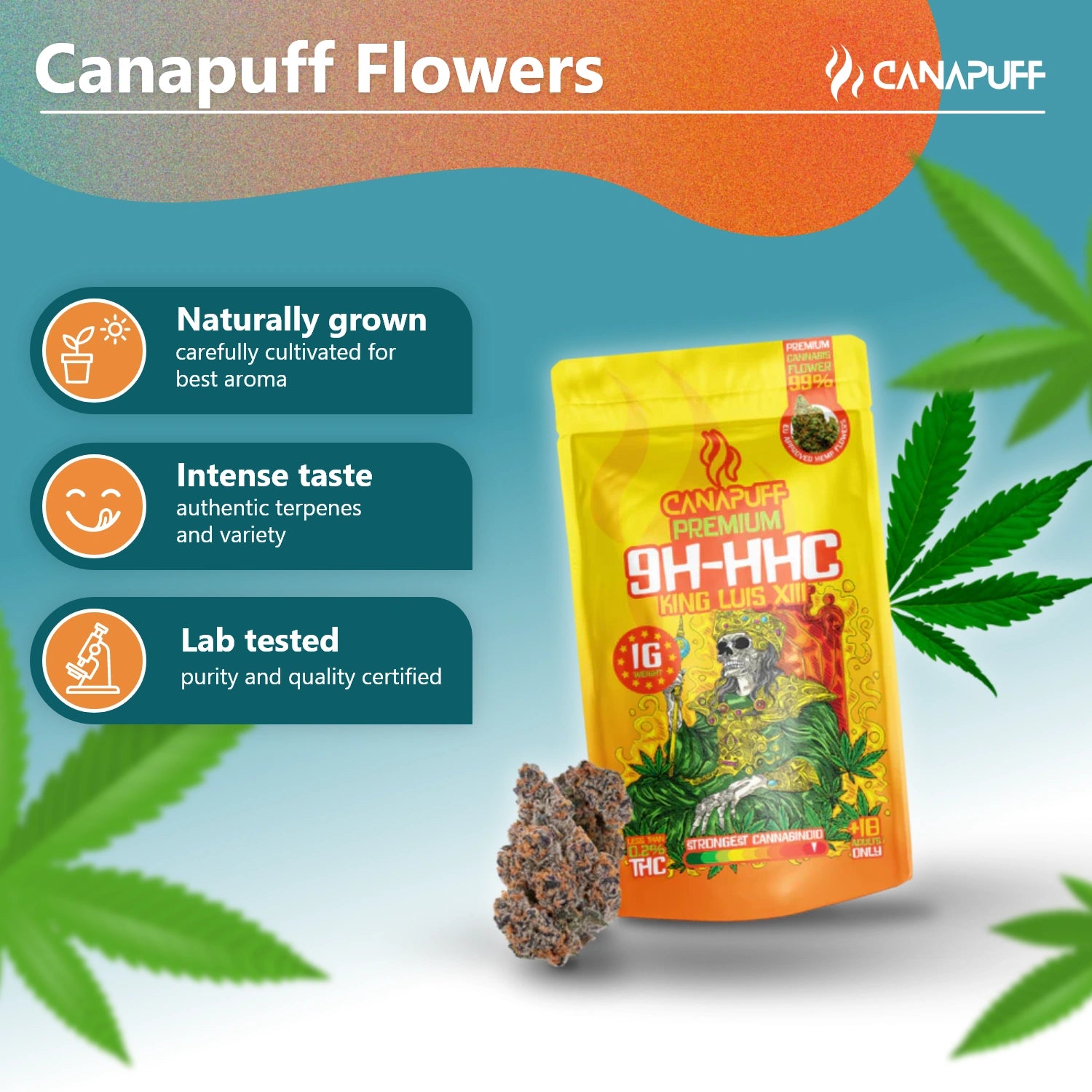


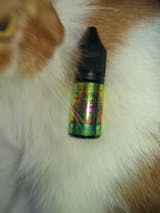
Leave a comment
This site is protected by hCaptcha and the hCaptcha Privacy Policy and Terms of Service apply.